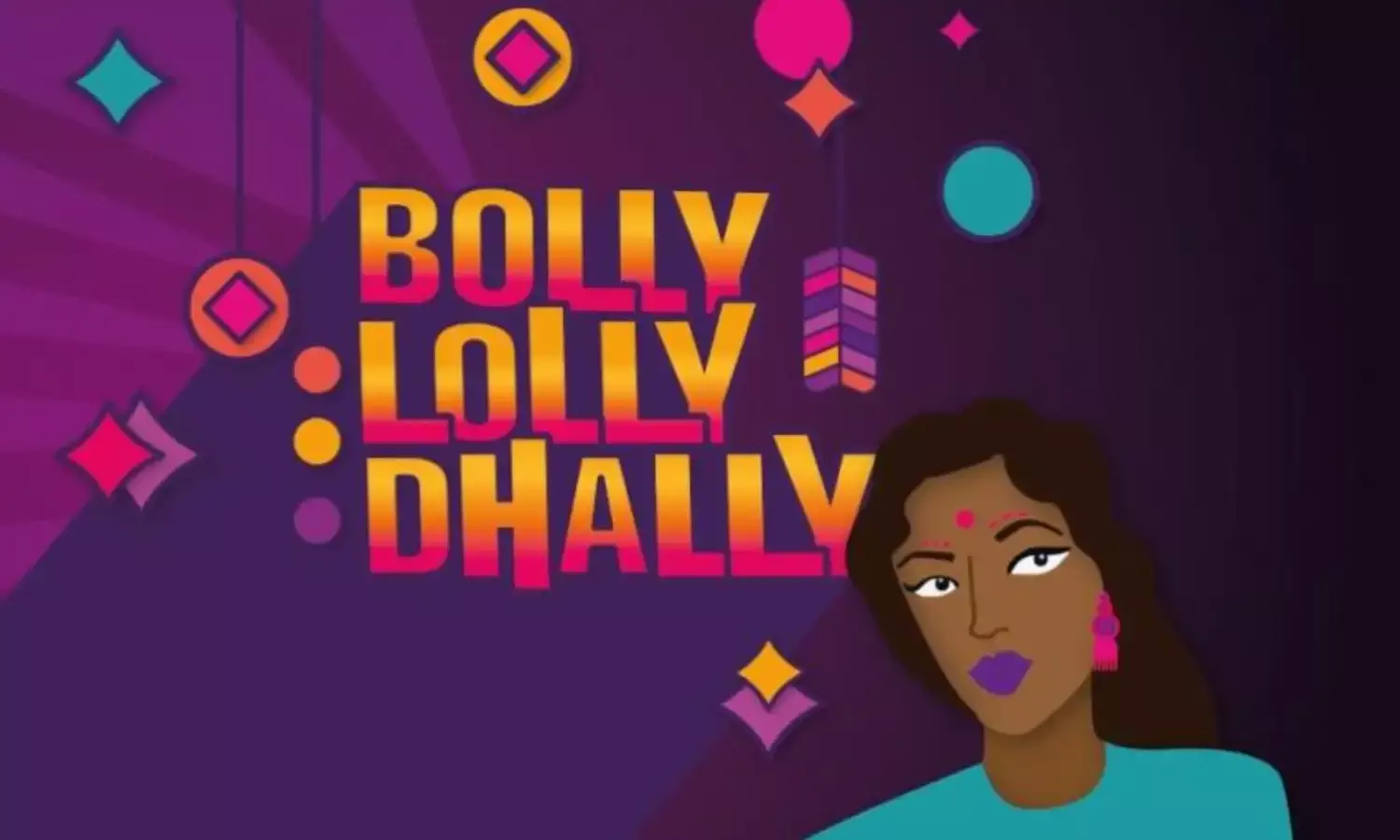MeToo: A Journalism Project Exploring Feminist Resistance in South Asian Cinema
'Bolly Lolly Dhally' explores women's opportunities and struggles in South Asia's film industries;

Earlier this year, the MeToo movement finally hit the Indian film and entertainment industries, with actor Tanushree Dutta’s harrowing account of abuse while shooting a dance sequence opening the floodgates.
As Dutta’s account went viral, other women took to social media to express solidarity, and to share stories of abuse, intimidation and widespread sexism. India’s MeToo movement finally arrived, with the media industry hit the hardest. Several actors, comedians, journalists and filmmakers were publicly named for the misogynist behaviour. The movement led to the resignation of a former newspaper editor turned politician, who was a Minister in the current government.
"I've been repeating the same story since 2008,” Dutta said in an interview with an online platform. “The only thing that's changed is that people suddenly want to listen."
This change -- of victims of sexual harassment and violence finally having a voice -- has been long overdue. Sexual harassment and violence in the Indian film industries -- as in Hollywood -- is common. So common that the industries have a very specific term for it -- “the casting couch.”
“The casting couch refers to the practice of casting actors and actresses in films in exchange for sexual favours,” says Gayeti Singh, a Delhi based journalist. “It’s become one of those oft-acknowledged but rarely detailed aspects of working in the Indian film industries.” “While the nomenclature refers to casting actors, the term itself has far wider implications -- applying to just about anyone looking to work in films and entertainment; be it make up artists, sound and light technicians, back up dancers, junior artists…”
“It’s not as if people have been silent about sexual harassment and violence in our film industries. Several people have spoken up… Just to give one example, Aishwarya Rai Bachchan had shared a harrowing account of assault, naming her former partner and co-star Salman Khan. While the account made headlines, Khan remains one of India's highest-paid actors.”
“There was no corrective action, and survivors were dismissed, threatened and even professionally boycotted for speaking out. Finally, people seem willing to listen to the accounts of survivors,” adds Singh. “And we’re seeing this not just in India, but in our neighbouring countries, with South Asia’s film industries finally willing to put the onus of blame on the perpetrator.”
In an effort to platform the stories of women in South Asian cinema, Singh is working with a team of journalists on a collaborative journalism project that aims to highlight feminist resistance in the film and entertainment industries. The team comprises of two journalists from the UK (Alice McCool and Sophie Hemery), a filmmaker from Pakistan (Tazeen Bari), and Singh from India. Titled ‘Bolly, Lolly, Dhally’ in a reference to the film industries in India, Pakistan and Bangladesh respectively, the project aims to facilitate the sharing of stories about opportunities, struggles and resistance: from demanding better working conditions to changing perceptions through plot lines.
“We’ve recently launched a survey aimed at people working in the film industries in India, Pakistan and Bangladesh,” says Singh. “The responses will inform a part of our reporting. The survey is available in English, Hindi, Malayalam and Bengali, with Tamil to be added soon.”
You can check out the survey here.
The project received the innovation in development reporting grant from the European Journalism Centre, with additional support from Amsterdam-based Impact Academy. More details are available here.
“Sexual harassment and violence are - sadly - quite embedded in our film industries, with impunity for perpetrators and an established culture of victim shaming. The MeToo movement - by creating a framework of support and solidarity for victims -- has created a shift, finally putting the onus of blame on the perpetrator of violence. Survivors finally have some agency, and the project aims to platform this agency by highlighting stories of feminist resistance in our film industries,” says Singh. “I hope we can extend this beyond the stories of well established actors and directors, and provide a voice to those in the industry who have an additional context of marginalisation.”

